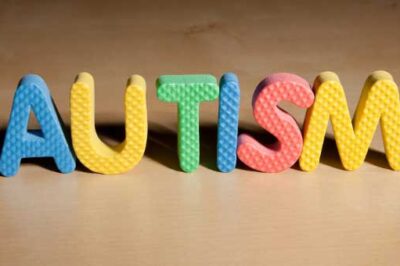Autism was virtually unheard of just a generation ago. Now the number of children being diagnosed with it is skyrocketing, prompting questions of what’s behind the increase and what parents need to know.
Children with an autism spectrum disorder (ASD) behave abnormally, from mild social awkwardness to a severe inability to communicate. According to the Center for Disease Control, the number diagnosed with ASD jumped from 1 in 150 seven years ago to 1 in 88 two years ago to 1 in 68 today.
While the increase is alarming, it’s at least in part due to increased awareness.
The CDC’s Colleen Boyle says doctors may be “getting better at identifying these children.”
Boys are five times more likely to be autistic than girls. The average age of diagnosis is four.
But autism advocates say it’s better to catch ASD by age 2 because the earlier children are diagnosed and enrolled in training programs, the greater their success in the long run.
“Diagnosis might happen at two or four or five or eight, but people live with autism throughout their entire lives,” Liz Feld, president of Autism Speaks, told CBN News.
Since there’s no physical way to test for autism, such as a blood test, a diagnosis is based on the child’s behavior. Parents should see a qualified physician, preferably a pediatric neurologist, if their child isn’t reaching key developmental milestones.
For example, by age 1 a child should be pointing and trying to say words. A complete list of how your child should be behaving at what age is on the CDC website under the header “Learn the Signs, Act Early.”
Researchers still don’t know what causes autism, but the latest findings show it begins during pregnancy.
According to research conducted by the University of California and published in the New England Journal of Medicine, the brains of autistic children begin to develop abnormally in the second or third trimester. What causes that disruption is unclear.
Some theories point to genetic factors, combined with external ones, such as illness during pregnancy, an older father, trans fats or environmental toxins.
Scientists are cautious not to speculate because for years some theorized that childhood vaccines caused autism, a claim that most scientists now say was false.
Lorie Johnson is CBN News’ medical reporter. For the original article, visit cbnnews.com.








Leave a Comment
You must be logged in to post a comment.